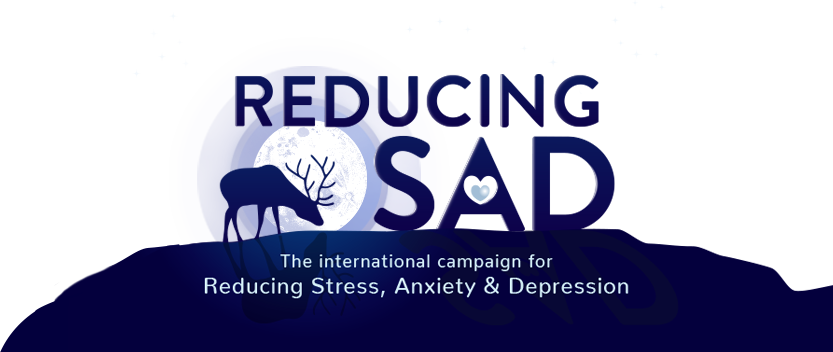3P3C
Being overwhelmed by stress, anxiety and depression doesn’t happen overnight. It develops over time in response to a combination of:
- body chemistry
- genetic influence
- internal beliefs
- environmental triggers
- thought patterns
- learned behaviours
- misconceptions about how to deal with moods and feelings.
All these factors are interconnected, and influence one another.

These factors are also at the root of habits and behaviours that, through acting in unhelpful and unhealthy ways, cause unwanted consequences. Sometimes these behaviours may be linked to SAD – such as self-medicating with smoking, alcohol or drugs, or using food to deal with feelings.

That’s why we’ve created a unique model of support – we call it 3P3C. It allows us to take a new approach to mental health in children, adolescents and adults because it’s largely preventative.
This is important because the more people we can prevent from experiencing SAD, the greater wellbeing of the general population. It will also free up therapeutic support for those who do experience stress, anxiety or depression.
